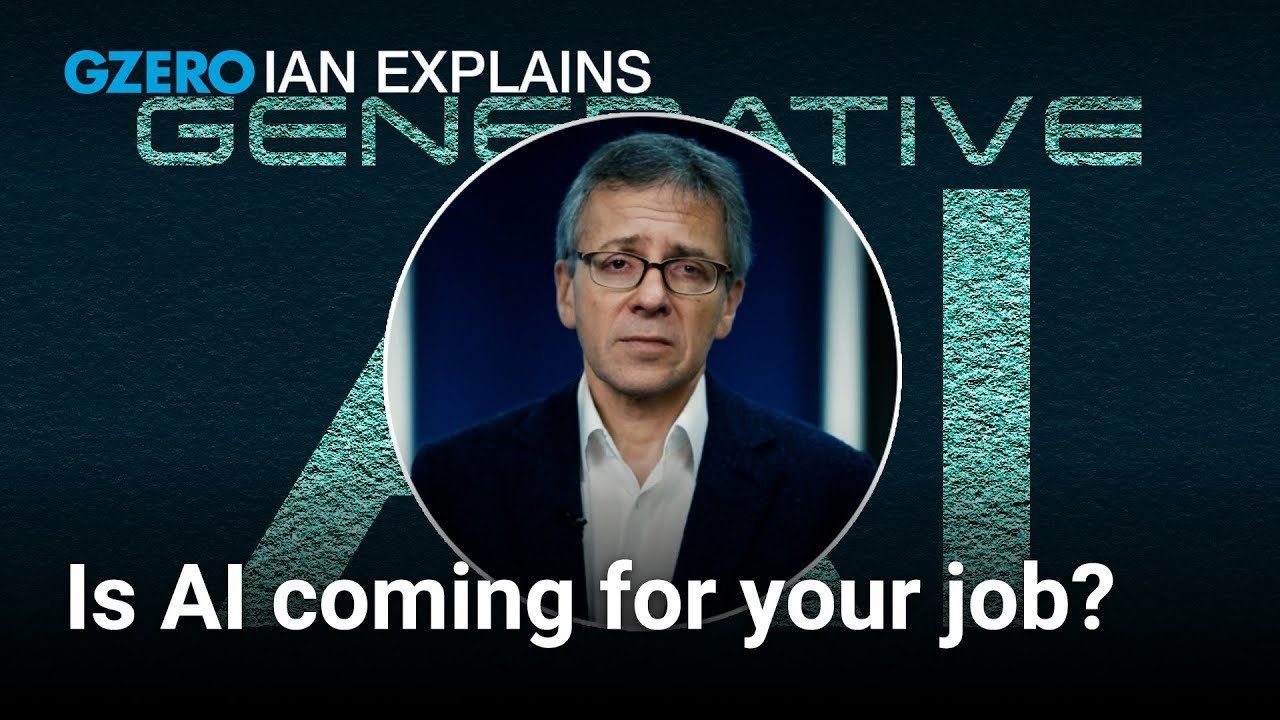Ian Explains
Ian Explains: How will AI impact the workplace?

Ian Explains: How will AI impact the workplace? | GZERO World with Ian Bremmer

Generative AI could increase productivity and prosperity... but also replace jobs and increase global inequality.
As long as humans have been inventing new technology, they’ve worried it will replace their jobs. From Ancient Greece to Elizabethan England, people feared machines and automation would eliminate the need for human labor. Hundreds of years later, the same conversation is happening around artificial intelligence—the most powerful technology to hit the workforce since the personal computer.
On Ian Explains, Ian Bremmer looks at the history of human anxiety about being replaced by machines and the impact this new AI era will have on today’s workers. Will AI be the productivity booster CEOs hope for, or the job-killer employees fear? Experts are torn. Goldman Sachs predicts a $7 trillion increase in global GDP over the next decade from advances in AI, but the International Monetary Fund estimates that AI will negatively impact 40% of all jobs globally in the same time frame.
Human capital has been the powerhouse of economic growth for most of history, but the unprecedented pace of advances in AI is stirring up excitement and deep anxieties about not only how we work but if we’ll work at all.
Europe can no longer rely on the US and must step up to defend its own future, Ian Bremmer reports from the Munich Security Conference.
Think you know what's going on around the world? Here's your chance to prove it.
A poster featuring Andrew Mountbatten-Windsor, formerly known as Prince Andrew, is installed on a sign leading to the parking area of the Sandringham Estate in Wolferton, as pressure builds on him to give evidence after the U.S. Justice Department released more records tied to the late financier and convicted sex offender Jeffrey Epstein, in Norfolk, Britain, February 5, 2026.
British police arrested former Prince Andrew Mountbatten-Windsor today over allegations that in 2010, when he was a UK trade envoy, he shared confidential government documents with convicted sex offender Jeffrey Epstein.